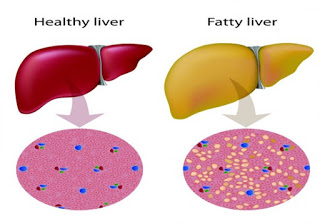To date, no particular diet composition has been shown to be superior to another for weight loss success in the general population. However, we haven’t yet ruled out that some types of diets may work better for certain specific groups of people. For the first time, a new study suggests that people with prediabetes or diabetes, and people with higher fasting insulin levels, may have better weight loss success with either a lower glycemic load diet, or a diet containing a large amount of fiber and whole grains.
The study, published in the American Journal of Clinical Nutrition, evaluated data from three studies and stratified weight loss results by fasting blood sugar and insulin levels.
The first trial, called the DioGENES study (as blogged previously), looked at the ability to maintain weight loss using a high vs low glycemic index and high vs lower protein diet. The results of this study overall showed that a low GI, higher protein diet was superior to a high GI, lower protein diet to maintain lifestyle-induced weight loss. In the current analysis, they found that people with prediabetes regained 5.83kg more on a high GI diet than a low GI diet, whereas people with normal blood sugar regained only 1.44kg more on a high GI diet than a low GI diet.
The second study, called the SHOPUS study, was designed to test the New Nordic Diet, which is high in fiber and whole grains. People with prediabetes lost a mean of 6 kg on this diet, whereas people with normal blood sugars lost only 2.2kg.
Finally, in the NUGENOB study, which was designed to test nutrient-gene interactions in obesity, people with diabetes lost a mean of 2kg more on the high fat/low carb diet than on the low fat/high carb diet, whereas people with normal sugars lost only 0.43kg more on the above comparison.
When the authors incorporated fasting insulin levels into these analysis, the associations above were strengthened further. Some interesting phenotypes were also revealed:
- people with lower fasting blood sugar and high fasting insulin levels responded equally on all 3 pairs of diets
- people with high fasting sugars and low fasting insulin levels did better on diets with a lower glycemic load and more fiber and whole grains
- people with lower blood sugar and lower fasting insulin did better on a low fat/high carb diet.
We often talk about precision medicine – customization of health care decisions based on each individual’s genetics, lab results, hormone levels, and so on; yet in obesity medicine, we have very little routinely measured information that can help us determine what type of management program may be best for our patient. Finally we have some data, using easily measurable blood tests, that may help to guide us.
www.drsue.ca © 2017












